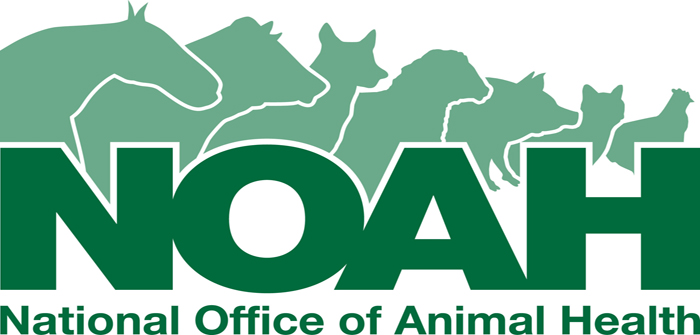The National Office of Animal Health (NOAH) said it welcomes the value placed on innovation in the new National Food Strategy Plan and is ready to support efforts to produce food from livestock more sustainably, as the Plan advocates.
Dawn Howard, NOAH chief executive, said: “Healthy livestock need less resource inputs to produce meat and milk, they generate less waste and have a lower carbon footprint with less methane emissions. This means the same number of animals can produce more food – or the same amount of food can be produced from fewer animals.
“Our sector is consistently at the cutting-edge of new developments, technologies, and innovation to support improvements to animal health. Innovations include new vaccines to prevent disease, digital technologies such as sensors and tags in livestock, real-time monitoring and surveillance of livestock to catch the first signs of any ill health, as well as diagnostics to improve treatment success and the responsible use of antibiotics.”
Mrs Howard said this cutting-edge work has the potential to prevent animal diseases or ensure that they can be diagnosed and treated with greater accuracy, contributing to more sustainable food production.
NOAH also welcomes the Plan’s recommendation that farmers should continue to receive Government support until at least 2029 and sees Defra’s recent pledge set out in the progress update to its Agricultural Transition Plan, to fund a yearly vet visit to eligible farms through the Annual Health and Welfare review, as important.
Mrs Howard said: “We welcome this as a statement that good animal health is integral to good welfare and sustainable farming and a better understanding of the health of our national herd will help identify areas where future support can be directed.
“As well as the importance of the development of new vaccines, better use of existing vaccines against endemic disease is a big area where improvements can be made through farmers’ partnership with a vet-led team: they offer a high quality, safe and effective solution to today’s animal health challenges and form a cornerstone of a holistic preventative health approach.”
She continued: “The suggestion within the Plan that incentivising innovation to support a better food system should be part of the Government’s Innovation Strategy is also a worthy idea. We look forward to playing our part in this and so it is critical that our sector has UK policy and regulatory frameworks that encourage innovation and keep pace with technologies.”


